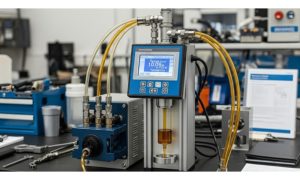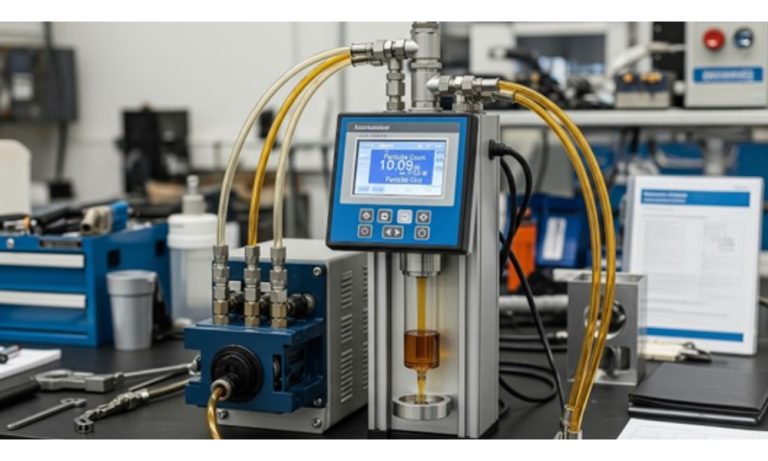The role of chemicals in modern agriculture cannot be overstated. With rapidly growing populations and the ever-increasing demand for food production, there is an urgent need for efficient and sustainable agricultural practices. This is where agrochemicals come in. They are essential in managing crop health, boosting productivity, and ensuring food security. In this article, we will delve into the best practices in agrochemical contract manufacturing and why they are critical to the success of the industry.
Understanding the Basics of Agrochemical Contract Manufacturing
Contract manufacturing refers to the process of outsourcing the production of goods or services to a third-party company. The agrochemical contract manufacturing deals specifically with the production of agrochemicals such as pesticides, fertilizers, and other agricultural inputs. This service is increasingly sought after by various stakeholders in agriculture as it allows them to focus on their core business activities while ensuring high-quality agrochemicals are efficiently produced.
Necessity of Effective Contract Manufacturing Solutions for Agrochemicals
Before delving into the best practices, let us first explore the significance of agrochemicals in agriculture. Agrochemicals protect crops from pests, weeds, and diseases and enhance nutrient uptake, resulting in increased crop yield and overall productivity. Knowing the importance of agrochemicals in agriculture is crucial for comprehending the necessity of effective contract manufacturing solutions.
Best Practices in Agrochemical Contract Manufacturing
1. Selection of a Reputable Contract Manufacturing Partner
A key factor in successful agrochemical contract manufacturing is partnering with a reputable and experienced service provider. It is essential to assess the potential partner’s track record, technical expertise, regulatory compliance, and quality control measures before entering into an agreement.
2. Effective Collaboration and Communication
Clear and open communication is vital in any outsourcing process. Establishing a close working relationship with the contract manufacturer ensures that the manufacturing process runs smoothly and any issues are resolved promptly. Regular updates on the project’s progress, sharing of critical feedback, and timely interventions can ensure a successful outcome.
3. Prioritizing Environmental and Safety Standards
Agrochemicals, by nature, can pose risks to the environment and human health if not managed properly. Contract manufacturers must adhere to stringent environmental and safety regulations throughout the entire production process. Proper waste management, compliance with safety guidelines, and ensuring quality control at all stages are essential to maintaining a sustainable and safe agrochemical contract manufacturing practice.
4. Adequate Quality Control and Regulatory Compliance
Agrochemical products need to meet the regulatory standards and requirements of the target market. Contract manufacturers should have robust systems in place to ensure that the products comply with regulatory guidelines and maintain high-quality levels. This includes sourcing the right raw materials, adhering to good manufacturing practices, and conducting thorough quality assurance checks.
Conclusion
Implementing best practices in agrochemical contract manufacturing is essential to meet the growing demands of modern agriculture. By selecting a reliable partner, ensuring effective communication, prioritizing environmental and safety standards, and maintaining quality control, stakeholders can effectively contribute to global food security and sustainable agriculture.















